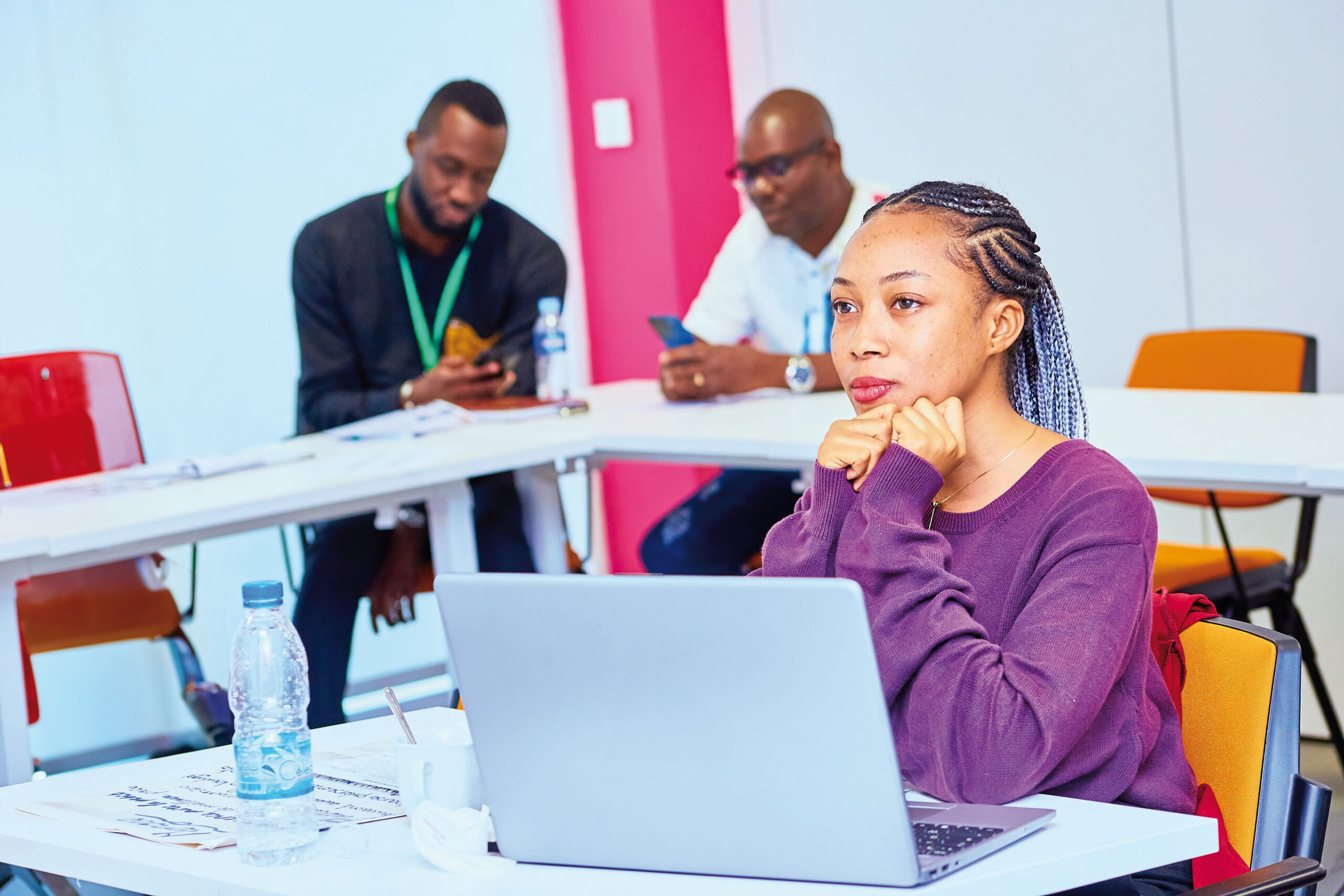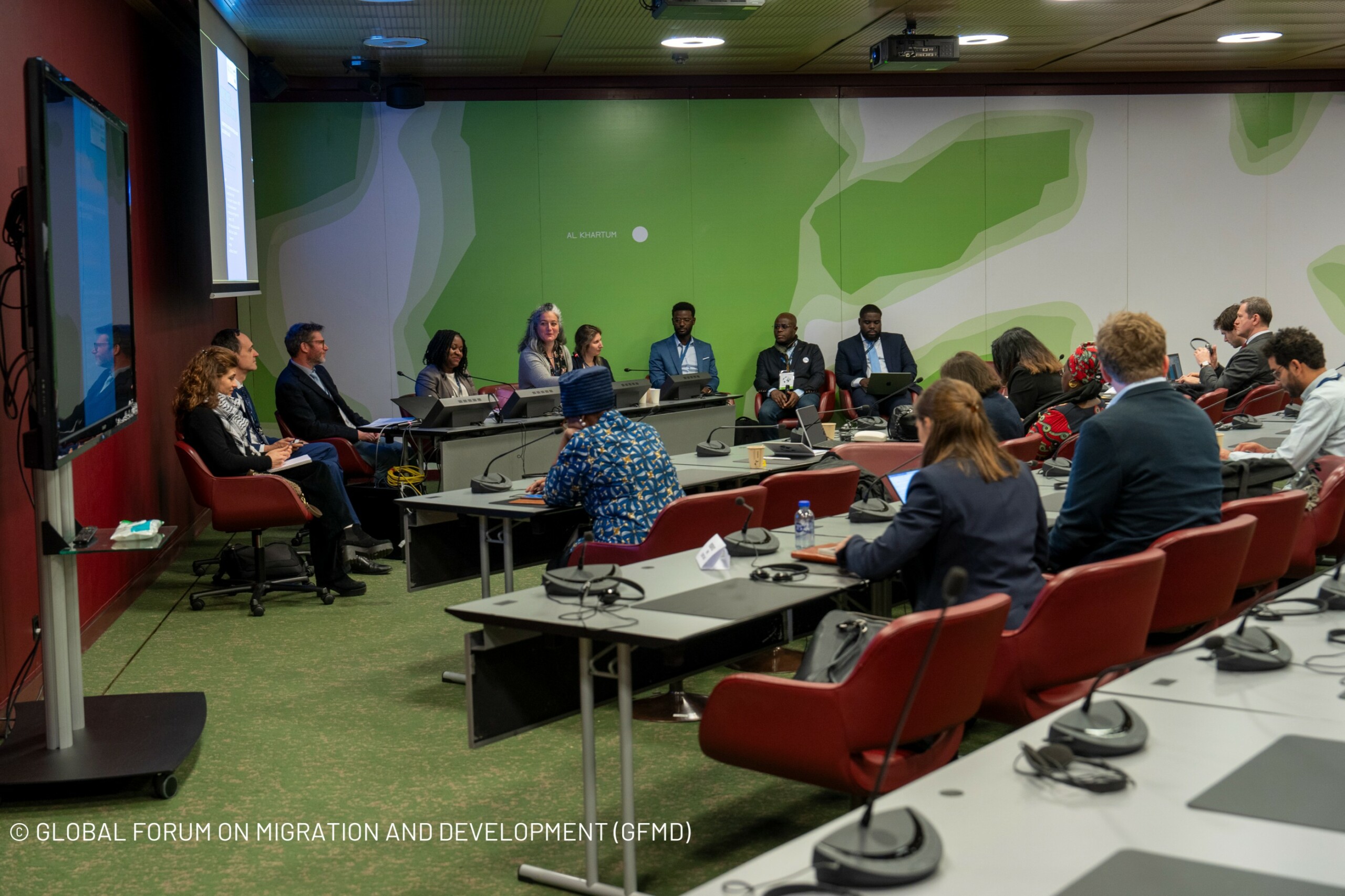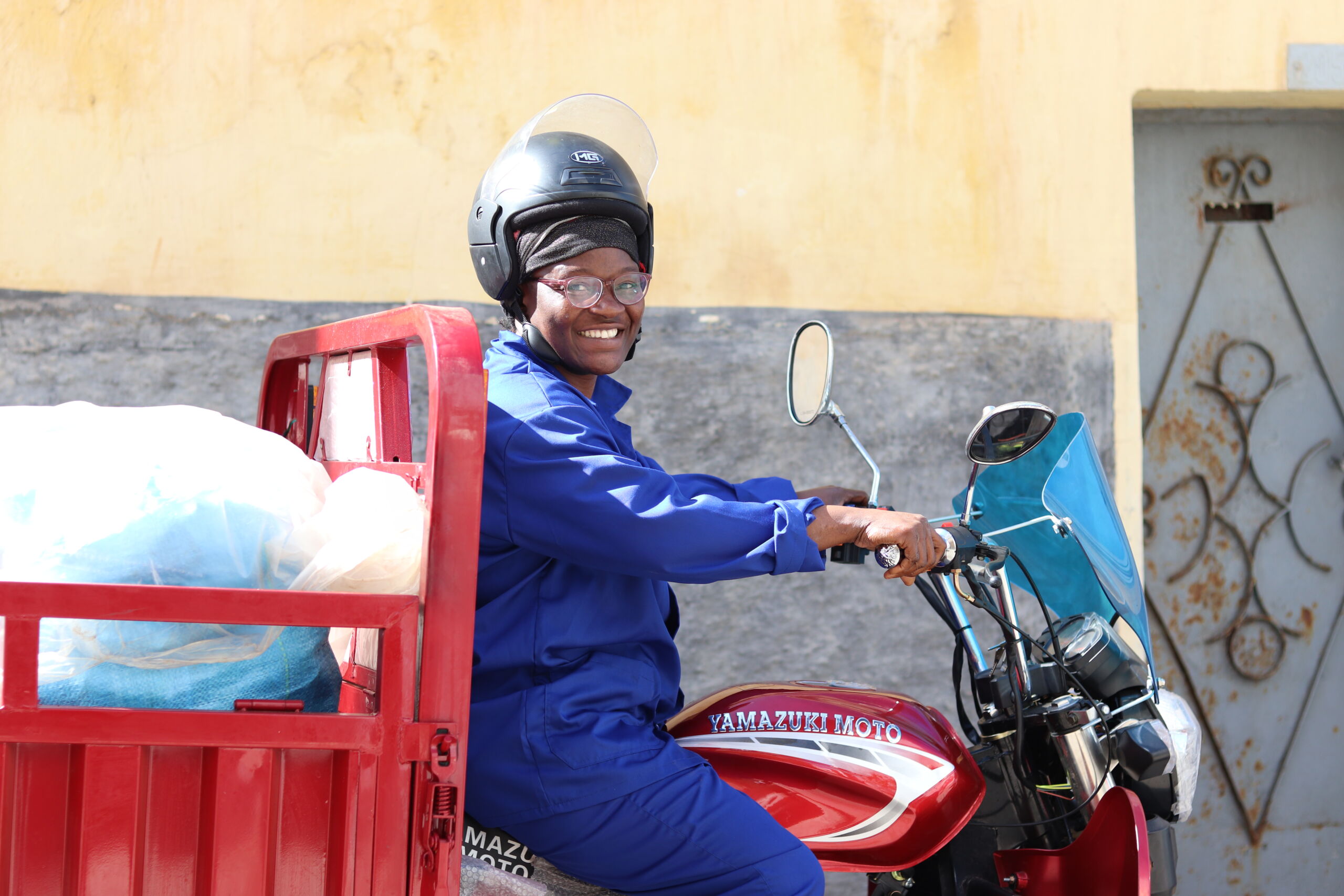Global challenges
Human mobility

Scroll
In a world where human development opportunities differ strongly, mobility is an important option for many people to improve their living conditions. If managed well, migration is a catalyst for inclusive economic and social development, both for people in mobility situations and for communities and countries involved.
Our approach
Sustainable solutions for long-term mobility
Belgium is ensuring that the issue of displacement is included in its international cooperation. Sustainable solutions that complement the efforts of humanitarian actors, also in fragile situations, are envisaged in support of actors and communities in regions affected by displacement.
As part of the Nexus approach, specific programmes and resources are being deployed to strengthen organisations that assist displaced persons.
The local impact of displaced populations is anticipated and managed through the mobilisation of qualified expertise and national and international partnerships in the countries in which we operate.
Sustainable reintegration of returning migrants
Enabel supports its partner countries in developing sustainable reintegration systems and mechanisms by strengthening existing ecosystems at both central and local levels. This support includes basic services enabling returnees to access appropriate, high- quality services.
Enabel also strengthens the capacities of those involved in human, economic and social development at local and central level, be they public, voluntary or private.
Enabel also raises awareness among institutions and civil society of the issues involved in the holistic reintegration of returning migrants by supporting training and (self-) employment initiatives.
Mobilising and engaging diasporas
Diaspora communities play a central role in development, both in terms of financial, social and cultural transfers and their contribution to governance and national and local planning in countries of origin and residence. Enabel fosters their involvement in programmes in support of entrepreneurship, professional mobility and inclusive local development.
To this end, representatives of these diaspora communities are encouraged to get involved in cooperation projects. Enabel is thus committed to getting to know better the partner countries’ diasporas (both in Belgium and in countries of the region of origin), to supporting diaspora networks to maximise their contributions to development processes, to supporting their initiatives and participation, and to promoting their consultation to ensure their contribution to regional programming and planning.
Support for professional mobility
Enabel is committed to developing approaches aimed at strengthening the competences and the qualification of talent as well as the public services for training, employment and entrepreneurship, so that they accompany the mobility of talent, in a safe and orderly way. Enabel supports mobility that benefits both the individuals involved and the countries of origin and destination.
The aim of these approaches is to establish or strengthen trust-based partnerships between public and private employment and training stakeholders in several countries, including Belgium, and to ensure that mobility is used to the benefit of the development of all parties involved, in line with the Global Skills Partnerships approach.
This approach is aligned both with the needs of the labour markets of the countries in which we operate and those of the EU, and promotes responses focused on the competences of talents for balanced international partnerships.
Related news & events
See all news & events
Read some key takeaways of Enabel’s participation in the 14th Global Forum on Migration and Development, which took place in January 2024.
14th Global Forum on Migration and Development – Key takeaways

In 2017, Solange Njiojep Kappa left Cameroon and joined her husband, who had emigrated to Morocco ten years before. With the assistance of the Amuddu project she soon established her own business. Read her story
Setting up a business in your host country: Solange’s success story
More on human mobility
The world is facing huge challenges in realising the Sustainable Development Goals by 2030. Enabel wants to contribute with its experience and expertise in five specific domains: Peace and Security, Climate Change and the Environment, Social and Economic Inequality, Urbanisation, and Human Mobility. In our search for adapted solutions we take into account the inevitable ongoing population explosion and we strongly believe in empowering women and youths.
This brochure describes how we address human mobility in our projects.
Download the brochure